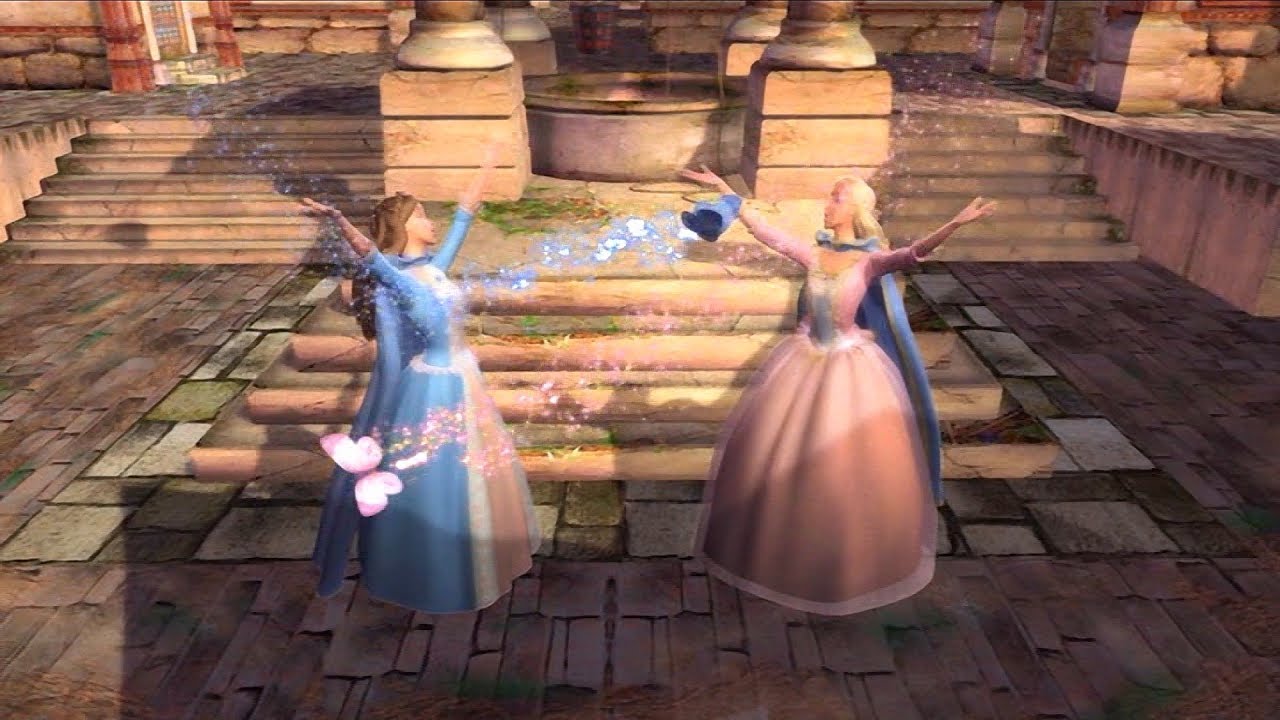Set in a feudalistic fictional world, the song espouses a liberal (to use the term a bit anachronistically) feminist form of class collaborationism.
Although both expresses ill-feelings toward the heteronormative patriarchy that they live in, the film tries to make a false equivalence between both of their lives just because of their gender. Erika exhibits false consciousness believing that a princess has the same experiences as her, an indentured servant whose forced to work due to her parent’s debts.
This is clearly shown in the first few lines of the song, where Erika had to manually toil away in hard day’s work to even feed herself and yet brushes it off as being ‘used to it’, while Anneliese (the princess) just ‘has to ring a bell’ to have an omelette delivered to her bed. Erika, being kept ignorant by the ruling class, exclaims that they have the same lives.
To use Frier’s analysis, it can be seen that Anneliese, although still part of the aristocracy, is denied humanity (agency) not only through her gender but also due to her class as shown by the song’s chorus ‘We carry through to do what we need to do’. Showcasing how everyone is oppressed to some extent in class society.
the film tries to make a false equivalence between both of their lives just because of their gender
Jokes aside, isn’t that how the phenomenon of “rainbow capitalism” arose? The bourgeoisie are trying to make a false equivalence between themselves and the proletariat, by putting people with similar surface traits in select positions of visibility.
deleted by creator




